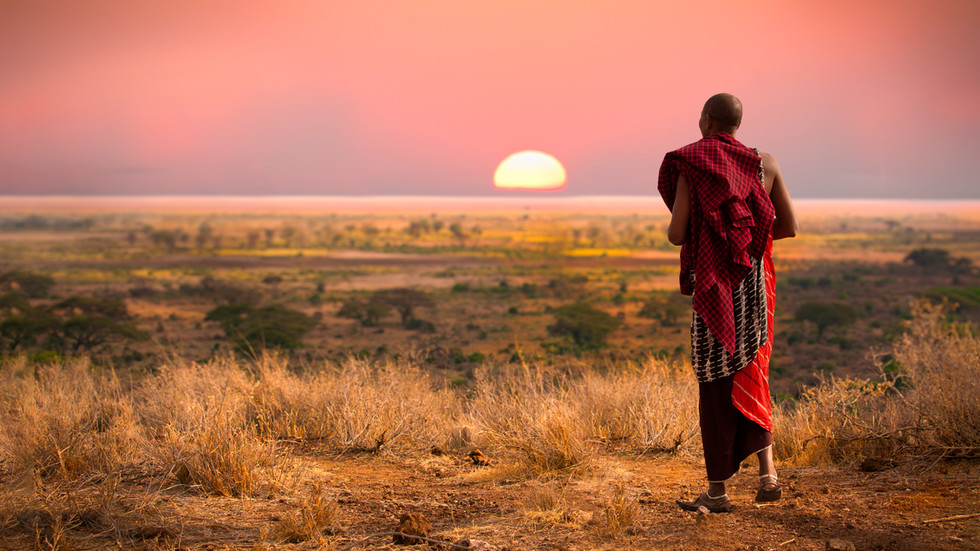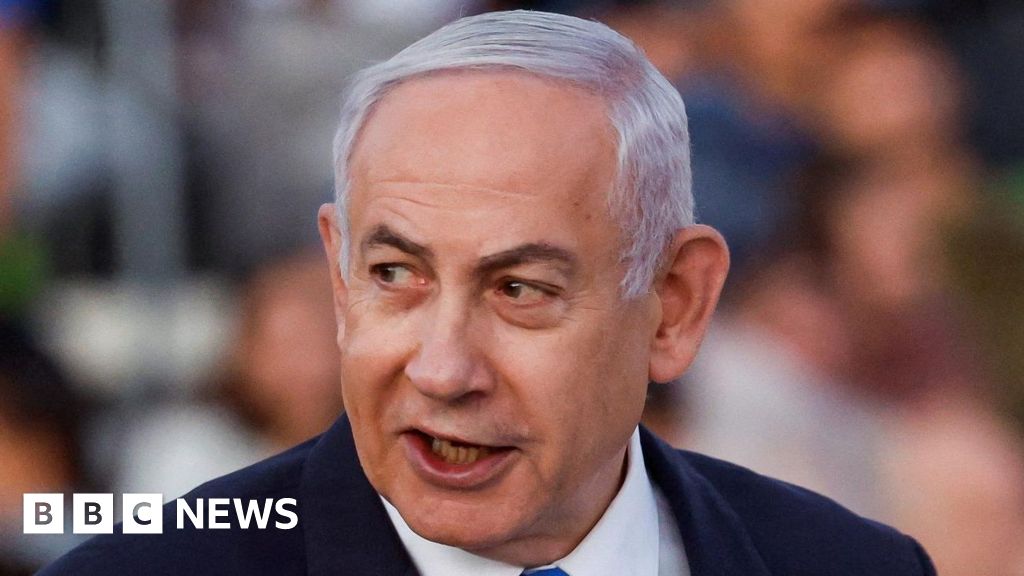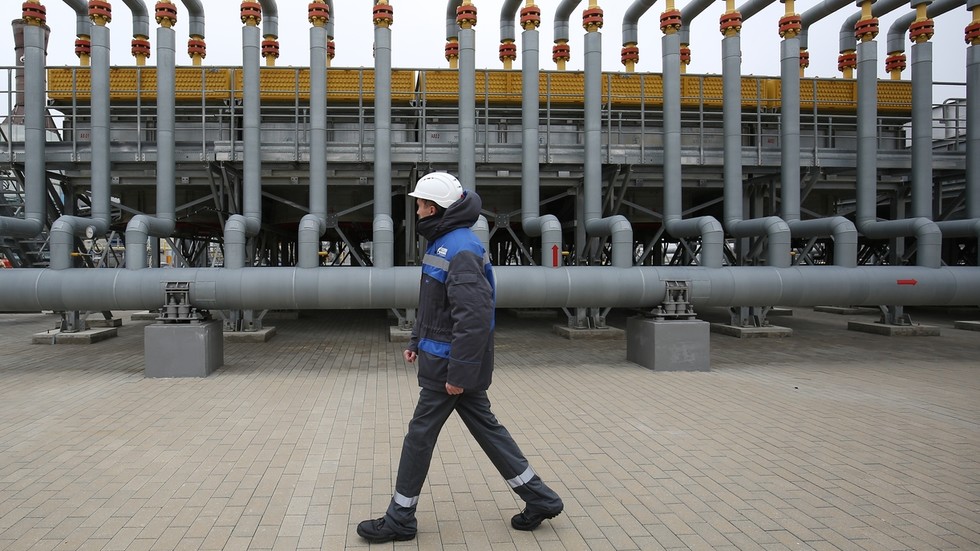President Emmanuel Macron met with local officials New Caledonia on Wednesday, seeking a political solution to end riots in the South Pacific French archipelago.
A recent change to voting rights, passed in mainland France, has worsened ethnic tensions in New Caledonia and sparked deadly violence there.
Indigenous Kanaks seek independence for the territory of 270,000 people and see the changes as part of an effort to dash that dream.
Restoring calm top priority
On his arrival at La Tontouta International Airport, Macron said a return to calm was the top priority.
Six people have been killed in riots that have left a trail of looted shops and torched cars and businesses since they began more than a week ago.
Macron's desire, along with that of his ministers and the government, was "to be alongside the people and see a return to peace, calm and security as soon as possible."
"We will discuss questions of economic reconstruction, support and rapid response, and the most delicate political questions, as we talk about the future of New Caledonia," Macron added.
"By the end of the day, decisions will be taken and announcements will be made."
Some 3,000 security officers have been deployed to New Caledonia with the French president insisting they will remain there for as long as deemed necessary.
The decision to beef up security in New Calendonia may leave France a little exposed at home, especially with the Paris Olympics and Paralympics on the horizon.
While Macron said he was against extending the current state of emergency, he said it could only be lifted if all political leaders called for the barricades and roadblocks to be removed.
Marcon seeks to restore order
The Elysee Palace said Macron's visit would focus on restoring order and fostering talks among local leaders. The visit would also discuss the significant reconstruction needed after violence, with damage estimated to be in the hundreds of millions of euros (dollars).
"Faced with the outbreak of violence, the priority is the return of order to allow dialogue to resume in New Caledonia," government spokeswoman Prisca Thevenot.
"We are clear: Much remains to be done before the return to normal. The government is fully mobilized."
What sparked the unrest?
The violence exploded on May 13 as France's legislature in Paris debated changes to the French Constitution that would open up New Caledonia's voter lists.
The proposal would extend voting rights to people who have lived in New Caledonia for at least 10 years, who are seen as less likely to favor independence.
French lawmakers spark riots in New Caledonia
Opponents fear the measure will benefit pro-France politicians and damage the separatist cause in any future independence referendum.
The unrest is the worst in some 40 years and comes after decades of tensions between indigenous Kanaks and descendants of colonists and other people who have settled in New Caledonia and want to stay part of France.
The violence has been ongoing, with six people having died so far and a trail of torched cars and looted shops left behind.
Two primary schools and 300 cars in a dealership were set ablaze in the capital, Noumea, overnight into Wednesday, the mayor's office told the AFP news agency.
Pro-independence supporters and others seeking to protect homes and villages from the violence have set up barricades in the streets.
The New Caledonia High Commission on Wednesday said some 1,050 reinforcements from the gendarmerie, police, and civil security had been deployed with more than 90 of the roadblocks dismantled.
rc/wmr (AFP, Reuters, AP)

 6 months ago
35
6 months ago
35









